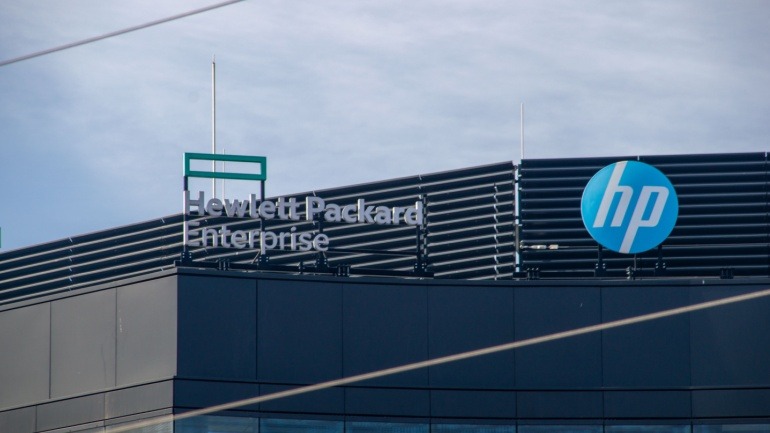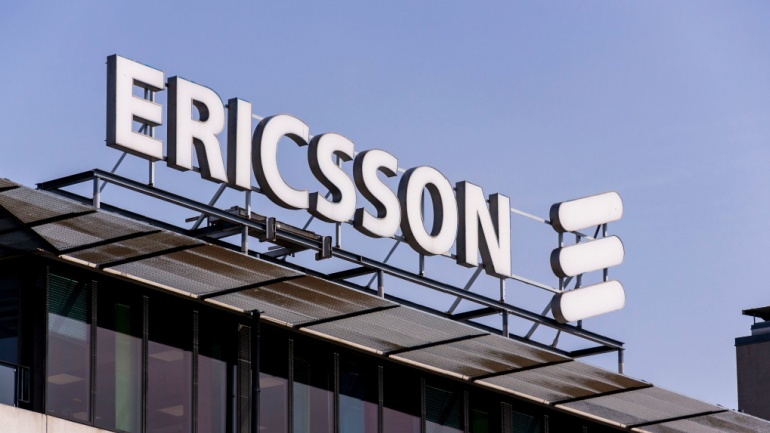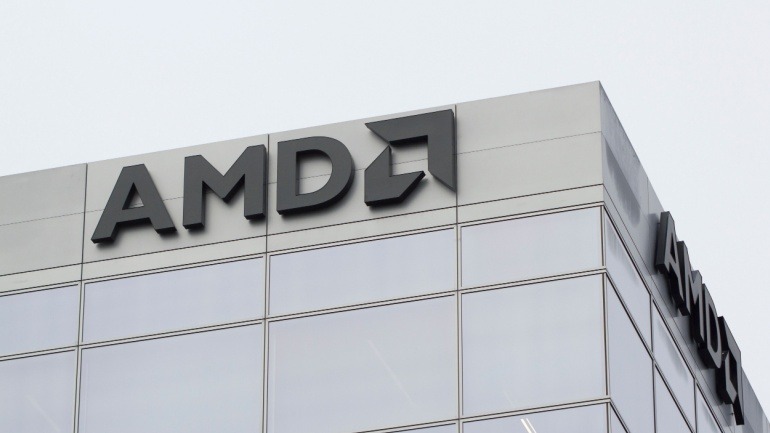In the dynamic world of 5G technology, telecom giants like AT&T, Verizon, and T-Mobile adopt diverse strategies to enhance their VOIP and connectivity services. AT&T partners with Microsoft for cloud-native agility, Verizon emphasizes end-to-end control, while T-Mobile leverages AI-driven networks for speed. These choices shape the future of VOIP communication.
In the evolving world of European digital infrastructure, major players like Indra and AST SpaceMobile are making strategic moves that could redefine VoIP capabilities. Indra’s acquisition of Hispasat reinforces its ambition in space communication, while AST’s recent satellite launch promises to bolster connectivity in underserved regions, crucial for robust VoIP services.
In an age where robust connectivity defines our daily lives, VOIP users demand seamless performance. MediaTek’s hybrid home gateways offer a game-changing solution. By integrating multiple access technologies, these devices ensure uninterrupted networking. Such innovation is crucial for VOIP services that underpin remote work, healthcare, and education, safeguarding reliable communication lines.
The telecom industry faces a turning point as 5G emerges and 6G approaches. For telecom operators, adopting agile VoIP solutions could be transformative. Traditional systems are often expensive and cumbersome, hindering innovation. By embracing cloud-native, no-code platforms, operators can boost revenue, streamline operations, and enhance customer satisfaction, staying competitive.
HCLTech is enhancing its telecom capabilities through the strategic acquisition of HPE’s Telco Solutions business. This expands HCL’s expertise in VoIP, AI, and cloud-native services for the telecom sector. Incorporating Telco Solutions, HCLTech strengthens its telecommunication IP, product engineering, and fosters relationships with Communication Service Providers globally.
Madrid is revolutionizing public safety by integrating advanced 5G capabilities into its emergency services. In collaboration with Orange and Ericsson, the city now boasts a dedicated 5G network slice for emergency responders. This ensures resilient, high-speed communication for police, fire, and medical teams, even amidst network congestion.
Ericsson is redefining its approach in the private 5G sector, aiming to challenge doubts about its telco legacy in adapting to enterprise needs. By merging dedicated private networks with indoor coverage, Ericsson targets enterprises seeking strong 5G connectivity. Their experience in large-scale deployments ensures innovative, mission-critical solutions for robust wireless communication.
Japan’s telecommunications scene shines with impressive achievements toward broad 5G coverage. SoftBank leads in network speeds, clocking at 62.05 Mbps, while Rakuten Mobile excels in 5G speeds with 128.39 Mbps downloads. However, 5G availability varies, with urban centers receiving priority investment. Despite a 98.4% 5G coverage, true 5G usage inconsistencies persist, highlighting the need for strategic rural advancements.
In today’s dynamic telecommunications landscape, Dell Technologies and AMD are pioneering transformation with AI-driven solutions for communications service providers. As 5G deployment phases complete, CSPs must embrace advanced strategies to tackle network complexities and enhance connectivity services. AI’s role in boosting efficiency and driving telecom service innovation is vital.
As 5G networks become more advanced, rigorous protocol testing is essential. This ensures seamless connectivity crucial for VoIP services, smart factories, and more. The complex protocols that govern 5G are fundamental for optimal data exchange and security. Testing these protocols helps maintain network reliability, minimizes service drops, and enhances user experiences.













